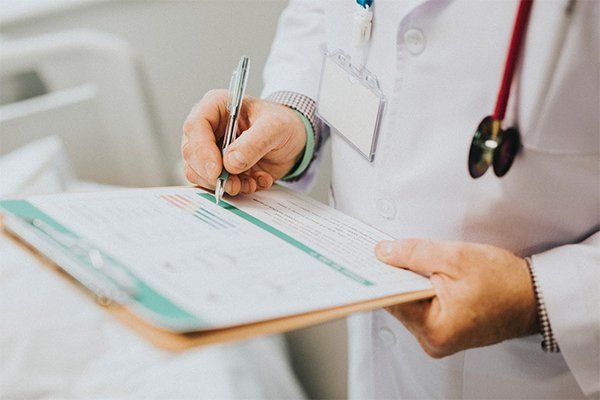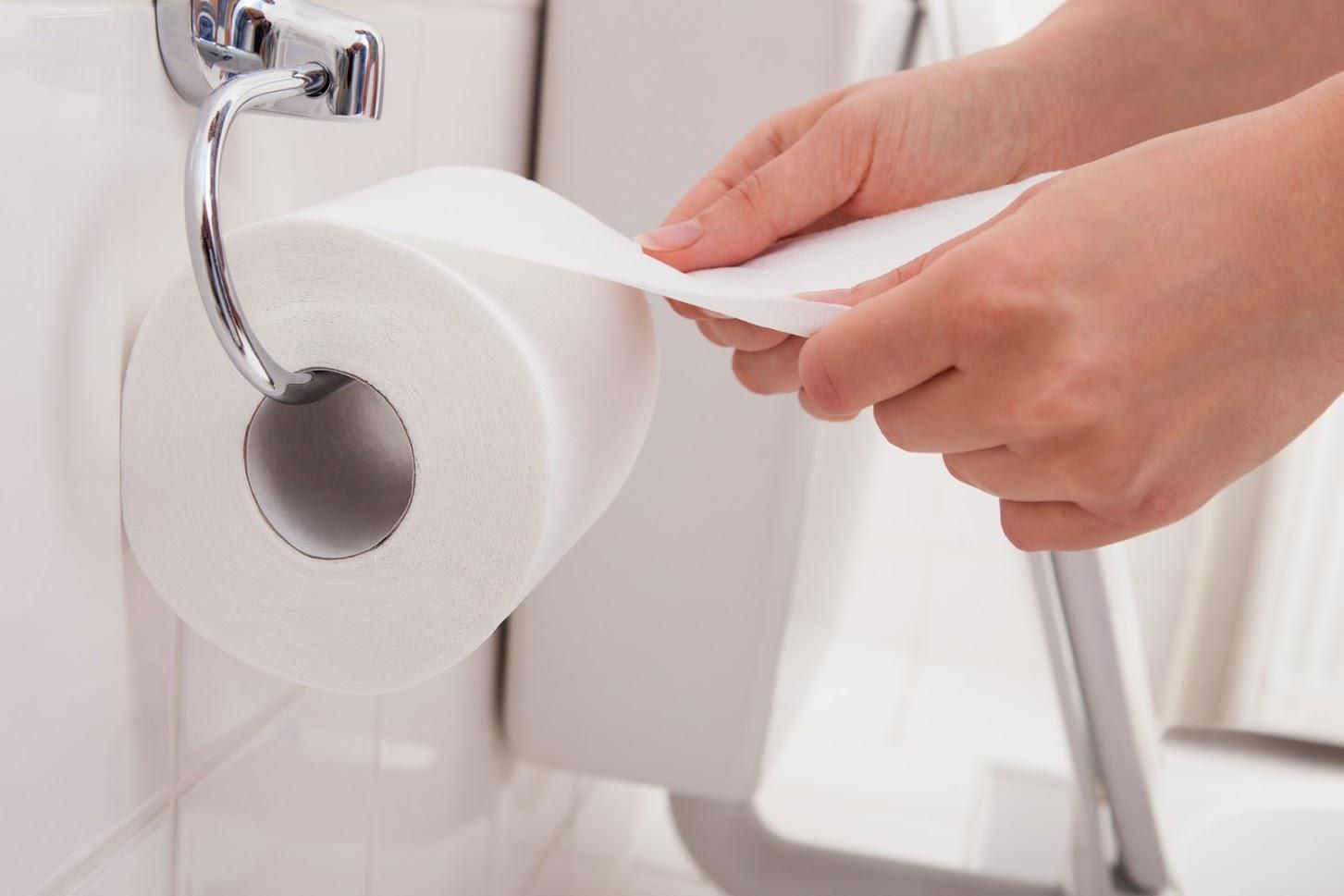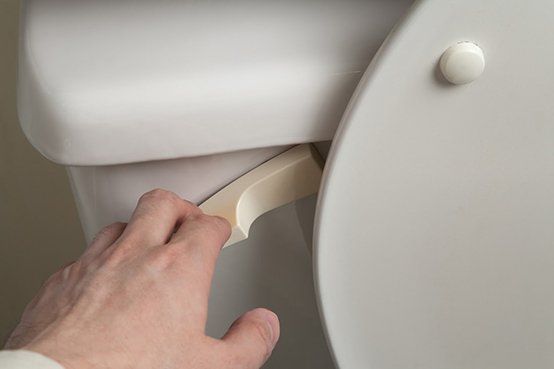Frequently Asked Questions About Hiatal Hernias

Anyone can suffer the occasional stomachache or other digestive complaint. However, these discomforts may point to a structural weakness in the digestive system itself. If you have a common condition known as a hiatal hernia, you may experience heartburn-like symptoms or even run the risk of a serious medical emergency.
If you suspect that you might have a hiatal hernia, you'll want to arm yourself with some basic knowledge. Learn the answers to some frequently asked hiatal hernia questions.
Why Do Hiatal Hernias Develop?
A hiatal hernia involves a malfunction or abnormality in the hiatus, a space in the diaphragm muscle that allows food to pass from the esophagus above to the stomach below. It occurs when the top part of the stomach bulges upward and enters the hiatus, permitting food, gases, and stomach acids to back up into the esophagus.
Hiatal hernias can have numerous causes, including congenital ones. In some cases, individuals may simply have an abnormally large hiatus. Age-related weakening of the abdominal muscles often plays a role, which explains why up to 60 percent of the population has a hiatal hernia by the age of 60.
Other risk factors that affect hiatus function include smoking (which appears to relax the lower esophageal sphincter), injuries, and excessive abdominal pressure due to heavy lifting or other strain. Obesity and pregnancy may also increase abdominal pressure and elevate hiatal hernia risk.
What Symptoms Do Hiatal Hernias Cause?
Many hiatal hernias cause no symptoms at all. Others may trigger the classic symptoms of gastroesophageal reflux disease (GERD). These symptoms include chest pain, burping, regurgitation, a bitter taste in the mouth, sore throat, and breathlessness. Bear in mind, however, that you can develop GERD without having a hernia.
The severity and frequency of your symptoms may depend on whether you have a sliding hiatal hernia (in which the stomach moves in and out of the hiatus) or a fixed hiatal hernia (in which the stomach becomes permanently lodged in the hiatus). The latter condition can cut off the blood supply or movement of food to the stomach.
How Do Gastroenterologists Diagnose Hiatal Hernias?
Gastroenterologists may use various imaging techniques to view and confirm a suspected hiatal hernia. One common approach involves X-ray technology. You may need to swallow a fluid containing barium, which then appears on an X-ray to help the gastroenterologist see the hernia.
Your gastroenterologist can also insert a tube down your throat as part of the diagnostic process. A camera-equipped tube called an endoscope allows the doctor to view the inside of the esophagus and stomach. Another kind of tube can measure pressure inside the esophagus.
What Treatment Options Can Relieve a Hiatal Hernia?
With luck, conservative methods can successfully treat your hiatal hernia symptoms. Your gastroenterologist may encourage you to try these methods before considering surgery. Helpful medications include antacids, proton pump inhibitors, and H2 receptor blockers. Smoking cessation, weight loss, and dietary changes may also help.
If you have severe symptoms that don't respond to conservative care, or if you have a fixed hernia that threatens serious complications, you may need surgery. In many cases, minimally invasive laparoscopic surgery can repair a hiatal hernia completely and efficiently. A severe or urgent case may require traditional open surgery.
Another type of surgery focuses on reinforcing the lower esophageal sphincter so that it can perform its job more normally. In this technique, known as a Nissen fundoplication, the surgeon secures the upper stomach around the esophagus to lend this area extra support.
Kentuckiana Gastroenterology & Paramount Surgery Center can evaluate your symptoms, confirm a hiatal hernia, and provide whatever treatment you may need to address your condition. Contact us to schedule a consultation.

















